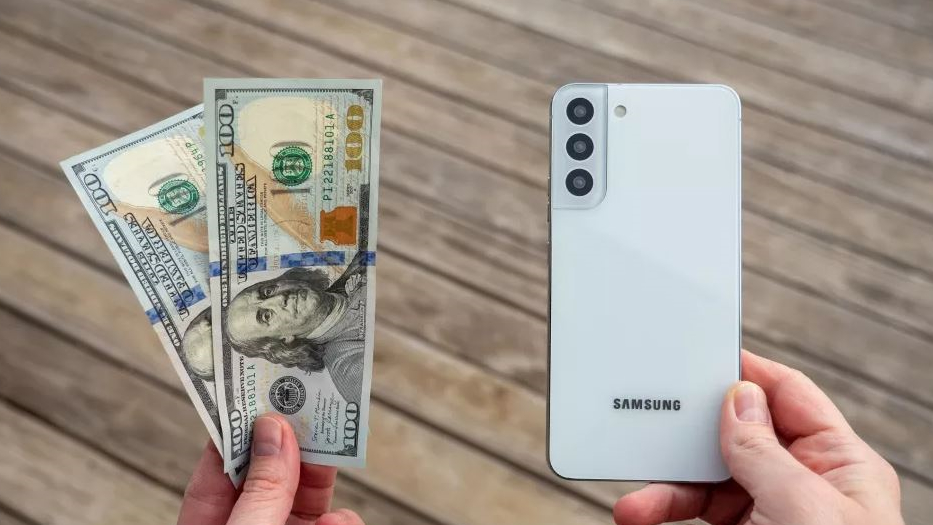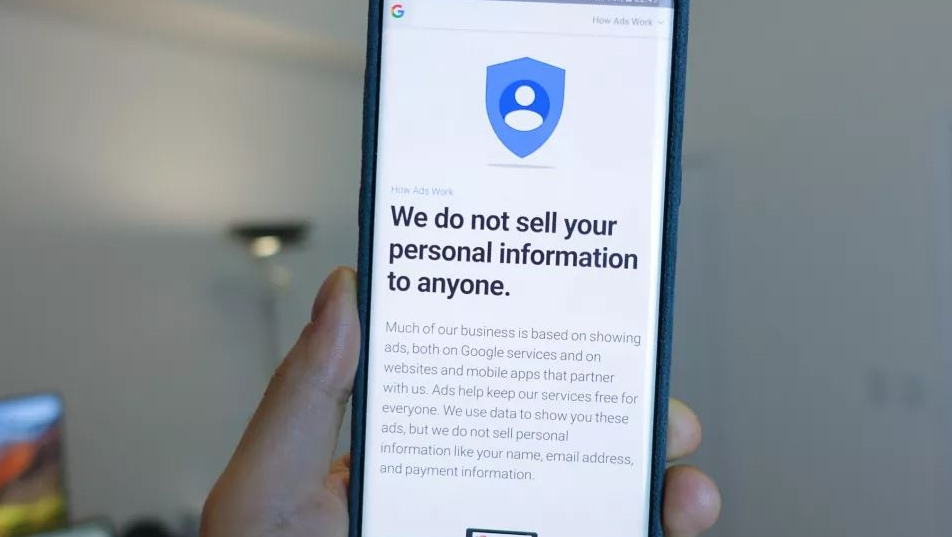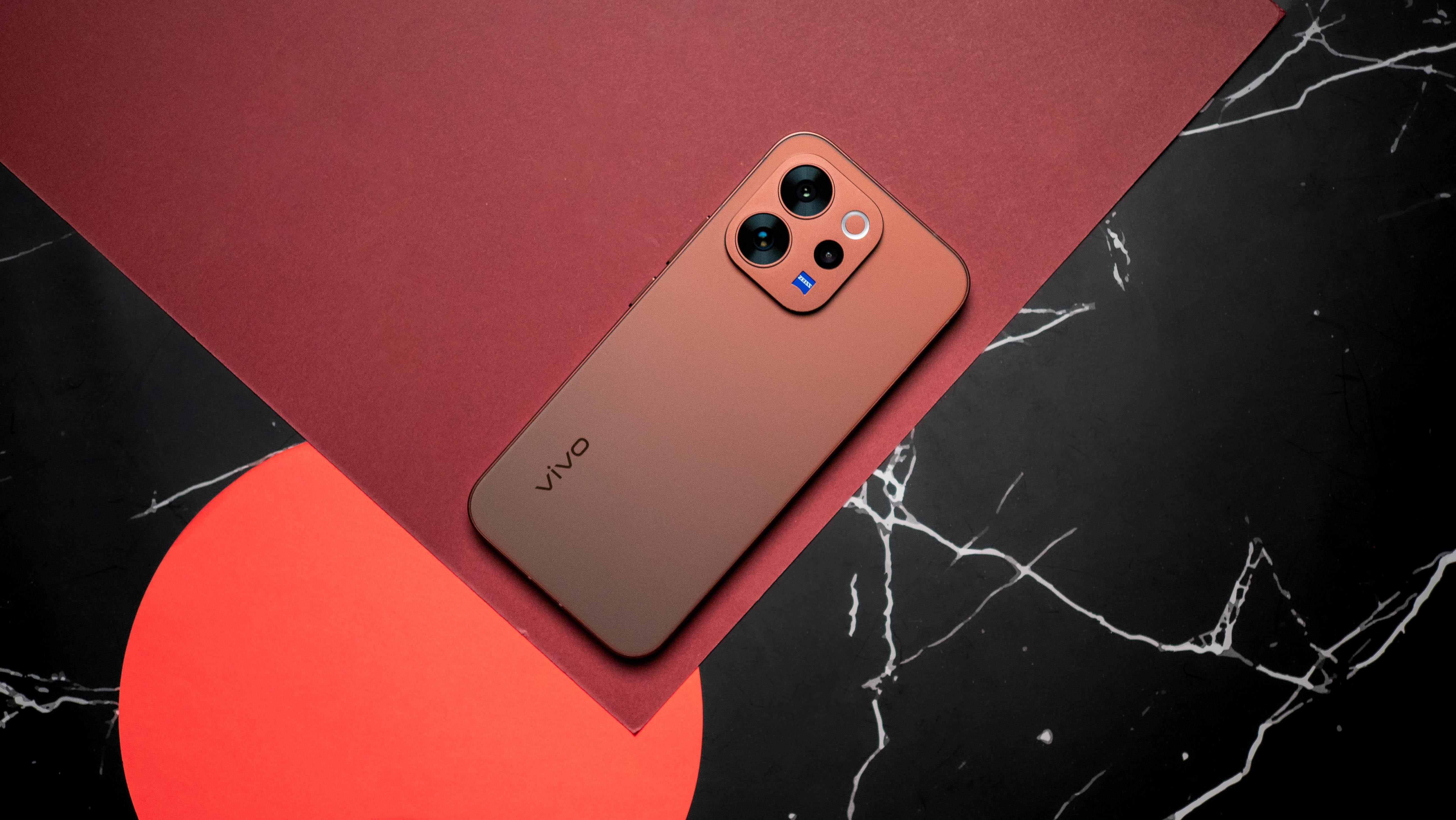Is anything really free?
Reading this article isn't free.

Get the latest news from Android Central, your trusted companion in the world of Android
You are now subscribed
Your newsletter sign-up was successful
Everyone likes things that don't cost money. There's a word we love to use for those things: free. But when it comes to almost everything tech, nothing is "free" — even if you're not exchanging cash for it.
This goes for both little and big things. Whether it's a silly time-wasting game you like to play once in a while, or the huge set of services that came with your phone, none of them are really free because you're paying for them, somehow.
I think everyone knows that the things Google gives you aren't really free and that you pay for them using personal data. Google knows the value of this data, and a look at any of the company's financial results shows that it has found a way to broker your data into cold, hard cash.
While Google is the easiest example here, it is not the only company that profits by offering "free" things. Every tech company, including Apple, who really hates to admit being part of all this, profits by collecting your personal data. And every one of them does plenty of collecting.

This doesn't only apply to companies that exchange services for an alternative means of profit like Google does. Sometimes "free" services are used as bait to get you to buy a more expensive product or to lure you towards a specific brand. "Free" products often accompany a pre-order of an expensive product, like getting a pair of earbuds if you commit to buying an expensive new phone. Or you might even get access to premium streaming subscriptions if you choose a certain cell provider.
Looking at things on a smaller scale will always bring you to advertising and profiling. Those free apps aren't free. "Free" streaming services aren't free. Reading an article on a website like this one is not free. You aren't exchanging any money, you're just exchanging your time to see ads and your personal data for profiling so you can use the products or services.
This kind of free is not a new thing.
It has always been this way, but as we see more and more of those free offers, it just feels like it is out of control — I have as many "free" streaming services that show me ads as I do paid services (which may also show me ads because of corporate greed). It's also worth some scrutiny because whenever you're exchanging data for products, you need to be concerned about how that data is stored and used.
Get the latest news from Android Central, your trusted companion in the world of Android
For Big Tech companies like Google, Apple, or Amazon you can mostly trust that your personal information is being kept secure and used exactly how the company's privacy policy says it will be. Data is too valuable not to protect, and doing something that could bring legal issues, like breaching a binding agreement with us over how our data is used, is a really stupid idea since so much trouble is taken to get it and profit from it.
And if/when ads become a thing on your lock screen, it will happen because of companies that make phones or carriers that sell them. That will never be part of vanilla Android — Google can be stupid and do stupid things, but it's not that stupid.

Google is not selling your data. It's using it so you see the ads that make the most money for Google. Neither thought is a great one, but one is certainly better than the other. Especially since we see plenty of other companies — including our carriers — readily selling our data to the highest bidder.
I may be in the minority, but I would gladly pay for a product rather than it be this sort of "free." I do pay for apps and services that I could find elsewhere for free because I think they are better than free alternatives. But I also use plenty of those free services described here, just like everyone reading this article does.
This isn't going to change anytime soon, and maybe it shouldn't. It's evident that consumers are OK with these practices, and even a cranky tech nerd like me who takes the time to write about them is more than happy to participate. Maybe we benefit from free/not-really-free things enough to justify their existence.
Or maybe the world governments will think they can make meaningful change by stepping and forcing regulations prohibiting or limiting the practice. I doubt it, and anyone old enough to remember "regular" television where you saw a paid commercial every 19 minutes knows the government was just fine with "free" broadcast television. Yeah, this practice isn't new at all. Only the way we consume it has changed.

Jerry is an amateur woodworker and struggling shade tree mechanic. There's nothing he can't take apart, but many things he can't reassemble. You'll find him writing and speaking his loud opinion on Android Central and occasionally on Threads.
